We know you are taking action to care for your heart. To help, our Heart Care Program gives you the following benefits:
- A Care Team to support your heart health needs
- Health education for heart health
Members with specific heart health needs are eligible for the Heart Care Program. Services are free and member can decline to participate at any time.
For more information about our Heart Care Program:
Call: 1-866-292-0010 (TTY 711)
Office hours: Monday to Friday, 8 a.m. to 5 p.m. PST
E-mail: populationhealth@prospectmedical.com
On this page:
Learn more about how to prevent heart disease

- Heart disease refers to several conditions that affect your heart. They usually develop slowly overtime and can include:
- Coronary artery disease – called CAD
- Heart rhythm problems – called arrhythmias
- Disease of the heart muscle – called cardiomyopathy
- Faulty heart valves – called heart valve disease

- Being at risk means you are more likely to get heart disease. Some things you cannot control raise your risk for heart disease:
- Age - If you are a man over the age of 45 or a woman over 55
- A close family member with heart disease
- Being Black or African American

- There are other things that also increase your risk of heart disease:
- High blood pressure
- High cholesterol in your blood
- Diabetes
- Too much weight in the belly area or obesity
- Smoking tobacco
- A poor diet
- Not being physically active
- Drinking too much alcohol
- High stress
Learn more about how to live your best life with heart disease

- Heart disease refers to several conditions that affect your heart. They usually develop slowly overtime and can include:
- Coronary artery disease – called CAD
- Heart rhythm problems – called arrhythmias
- Disease of the heart muscle – called cardiomyopathy
- Faulty heart valves – called heart valve disease
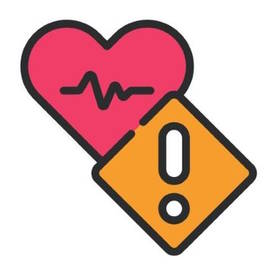
- Symptoms depend on your type of heart disease. In the early stages, you may have no symptoms. In later stages of heart disease, symptoms may include:
- Shortness of breath
- Swelling or sudden weight gain from fluid buildup
- Chest pain that may include tightness and pressure
- Fast, slow, or irregular heartbeats
- Take action! Visit your doctor if you feel symptoms of heart disease. In an emergency, dial 911.

- If not managed, heart disease can cause more damage, including:
- Heart attack – when blood flow is suddenly blocked in the blood vessels of the heart
- Stroke – when blood supply to the brain is blocked or reduced, leaving the brain without oxygen and nutrients
- Chronic heart failure – when the heart cannot pump enough blood to meet the body’s needs

- Treatment for heart disease depends on the type of heart disease you have. Treatment may include:
- Medicines – if needed, for high blood pressure, cholesterol, and to relieve symptoms of heart disease
- Tests and surgeries – your doctors may advise these steps to monitor and help improve your heart disease

- Take charge of your health by creating an action plan to:
- Visit your doctor and cardiologist (heart specialist) as needed or at least once a year
- Take your medicines as ordered by your doctor
- Get tested or keep getting care for diabetes
- Check your cholesterol
- Manage your blood pressure
- Learn the warning signs of a heart attack and stroke
- Then, choose action plans to:
- Avoid vaping, smoking or chewing tobacco, and limit alcohol use
- Keep a healthy weight
- Exercise safely and choose activities you like
- Limit salt intake
- Pick healthier foods and drinks
- Learn how to manage stress or depression
Learn more about how to prevent or manage heart disease with the following resources.
- Ten tips for quitting smoking
- Benefits of quitting smoking
- For more aid to help you quit call Kick It California at 1-800-300-8086 or visit www.kickitca.org.
- Kick It California in other languages:
- Spanish - Phone: 1-800-300-8191, Web: www.kickitca.org/es
- Chinese – Phone: 1-800-838-8917, Web: www.asiansmokersquitline.org/?lang=zh-hans
- Korean – Phone: 1-800-556-5564, Web: www.asiansmokersquitline.org/?lang=ko
- Vietnamese- Phone: 1-800-778-8440, Web: www.asiansmokersquitline.org/?lang=vi
Learn more about how to live your best life with heart failure

- Heart failure occurs when your heart is unable to pump enough blood to meet your body’s needs. This happens if your heart can’t fill up with enough blood or when your heart is too weak to pump properly.
- Heart failure can happen:
- Suddenly - known as acute or congestive heart failure
- Over time - known as chronic heart failure
- Heart failure does not mean your heart will suddenly stop working.

- Most often, heart failure is caused by other conditions that have weakened or damaged your heart, including:
- High blood pressure
- A previous heart attack
- Inflammation of the heart
- Faulty valves in your heart
- Coronary artery disease (CAD)
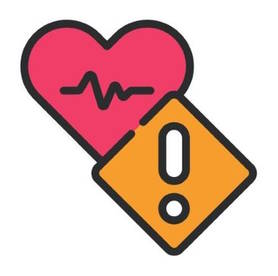
- Symptoms of heart failure usually get worse as your heart gets weaker. This can include:
- Unusual fatigue or feeling tired
- Shortness of breath during daily activity
- Trouble breathing when lying down on your back
- Sudden weight gain from fluid buildup in one or more of the following areas – lungs, feet, legs, ankles, stomach
- Take action! Visit your doctor if you feel symptoms of heart failure. In an emergency, dial 9-1-1.

- Take charge of your health by first creating an action plan to:
- See your doctor and cardiologist (heart specialist) as needed or at least once a year
- Take your medicines as prescribed by your doctor
- Watch for symptoms of heart failure
- Check your weight every day in the morning to help catch sudden weight gain
- Then, create an action plan to:
- Track your blood pressure
- When you have a choice, pick the low salt food option
- Get tested or keep getting care for diabetes
- Pick healthy foods and drinks
- Avoid vaping, smoking or chewing tobacco, and limit alcohol use
- Exercise safely and with activities you like

- Living with heart failure may cause fear, stress, and depression, but you are not alone. Choose an action plan to:
- Talk to your doctor about your concerns for treating heart failure
- Seek help from family and friends for emotional support
- Join a support group and learn coping skills from others
- Ask for a referral to a counselor for depression if needed
- Complete and share your advance care planning documents with your doctor
- If you have advanced heart failure, create a plan with your doctors that gives you the best quality of life.
Manage chronic heart failure with the following resources
Health education materials are posted with permission from authorized agencies and organizations. References for content on heart disease: 2019 ACC/AHA Guidelines: Primary Prevention of CVD, CDC-heart disease, and NIH/Med-Line Plus-heart disease. References for content on heart failure: 2022 Heart Failure Treatment Guidelines, American Heart Association-Heart Failure, NIH-Heart Failure, CDC-Heart Failure, and Mayo Clinic-Heart Failure.





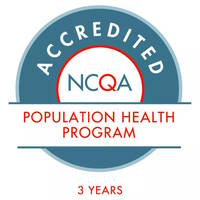
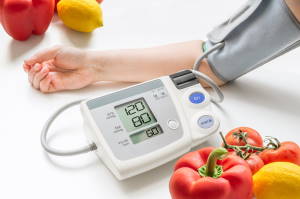 Know your blood pressure ->
Know your blood pressure -> Check your cholesterol ->
Check your cholesterol -> If you smoke, quit ->
If you smoke, quit -> Get tested or treated for diabetes ->
Get tested or treated for diabetes -> Keep a healthy weight ->
Keep a healthy weight -> Choose healthier foods and cut down on added sugars ->
Choose healthier foods and cut down on added sugars -> Get vaccinated ->
Get vaccinated ->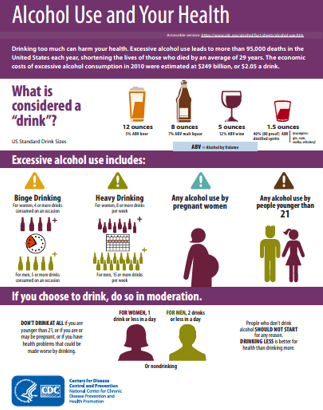 Do not drink too much alcohol ->
Do not drink too much alcohol -> Exercise regularly ->
Exercise regularly -> Take care of your mental health and wellbeing ->
Take care of your mental health and wellbeing -> Follow a heart failure action plan ->
Follow a heart failure action plan -> Use a weight log ->
Use a weight log ->